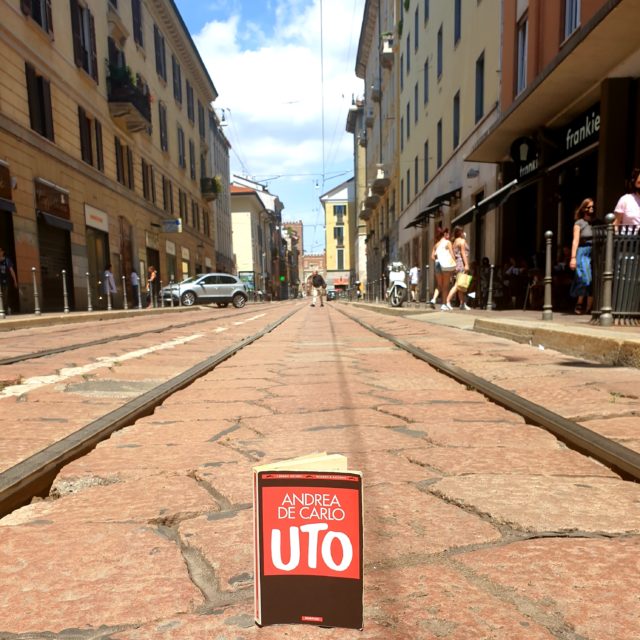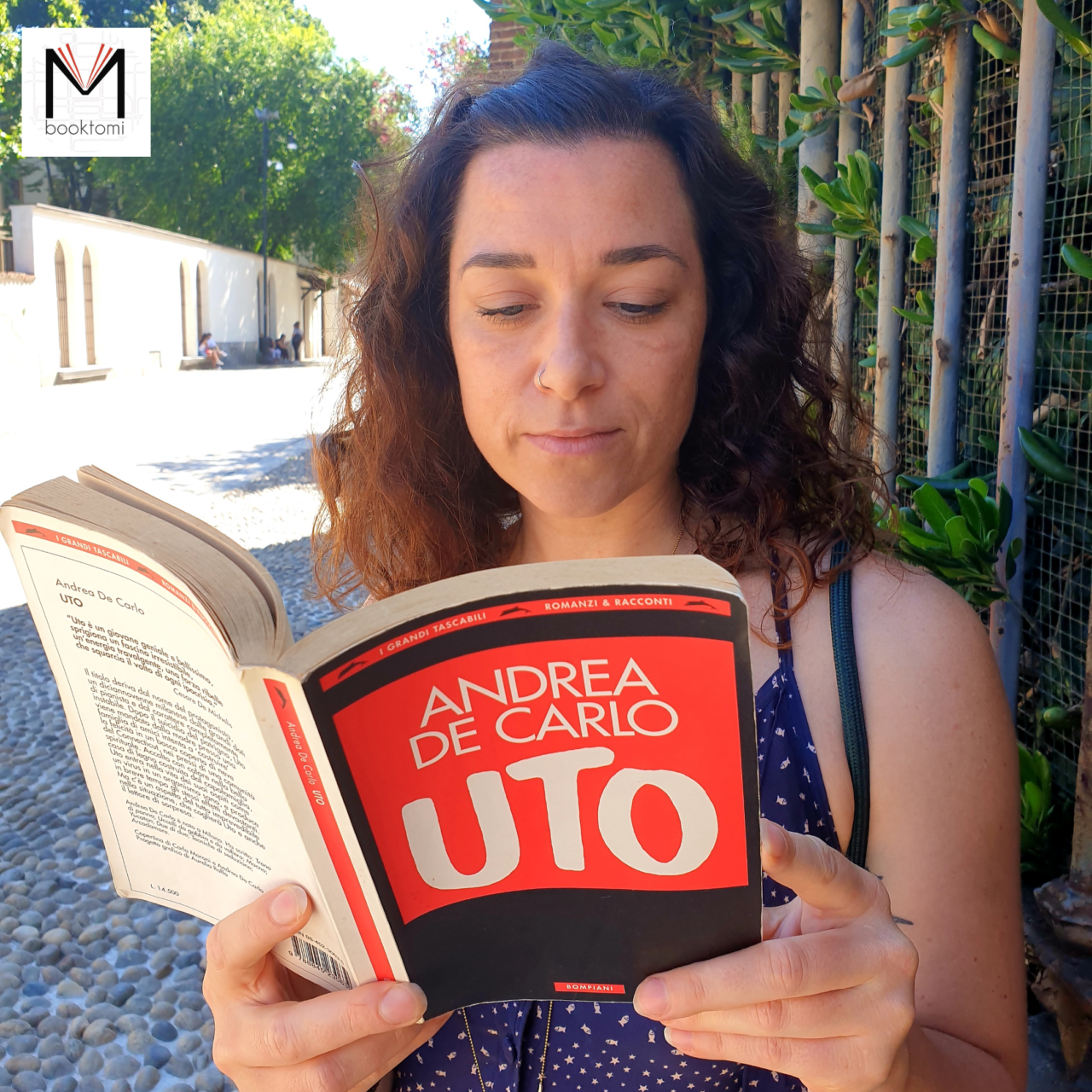“You should do as if the year ends every day. As if it ran out every hour. Every minutes. Every minute you should think that the year is about to end.”
Uto Drodemberg. The name alone is enough to draw the charm of the protagonist of the book. An angular character, perhaps partly childish in some attitudes, but of which it is really difficult not to fall in love with the first pages already. Ironic, sagacious and in search of truth capable of destroying the hypocrisy and superstructures of the world around him. And perhaps it is this direct way of getting in touch with people that is his greatest asset.
Uto is a talented piano player, Milanese in the marrow, sent by his mother to the United States after his stepfather’s suicide. Here he is hosted in Peaceville, Connecticut, by a family of friends, within a community devoted to extreme sweetness and tolerance. An artificial parallel world of universal love to annoy even the reader.
Behind a mask of leather clothes and black glasses, Uto comes to clash with all the characters of the host family, exposing their inconsistencies and problems. Loyal and sincere confrontation will be inevitable as regards the family members of which the problems and open questions are hosted, without hiding under a carpet of good intentions and constraints.
A gradual but continuous growth, thanks to which in our young warrior (Uto will also be seriously injured in his crusade against hypocrisy) he will be called to take the place of the old community guru, and a Peaceville towards a new realism.
Uto, together with Yucatan, is perhaps one of De Carlo’s most experimental novels. Simple but not very simple prose, search for targeted adjectives and audacious verbal combinations, making reading smooth and pleasant. A successful work that pushes us to recommend reading to everyone, even to younger children.
_____________________________________________________________________________________________________
Andrea De Carlo, Uto, Bompiani, Milano, 1995




